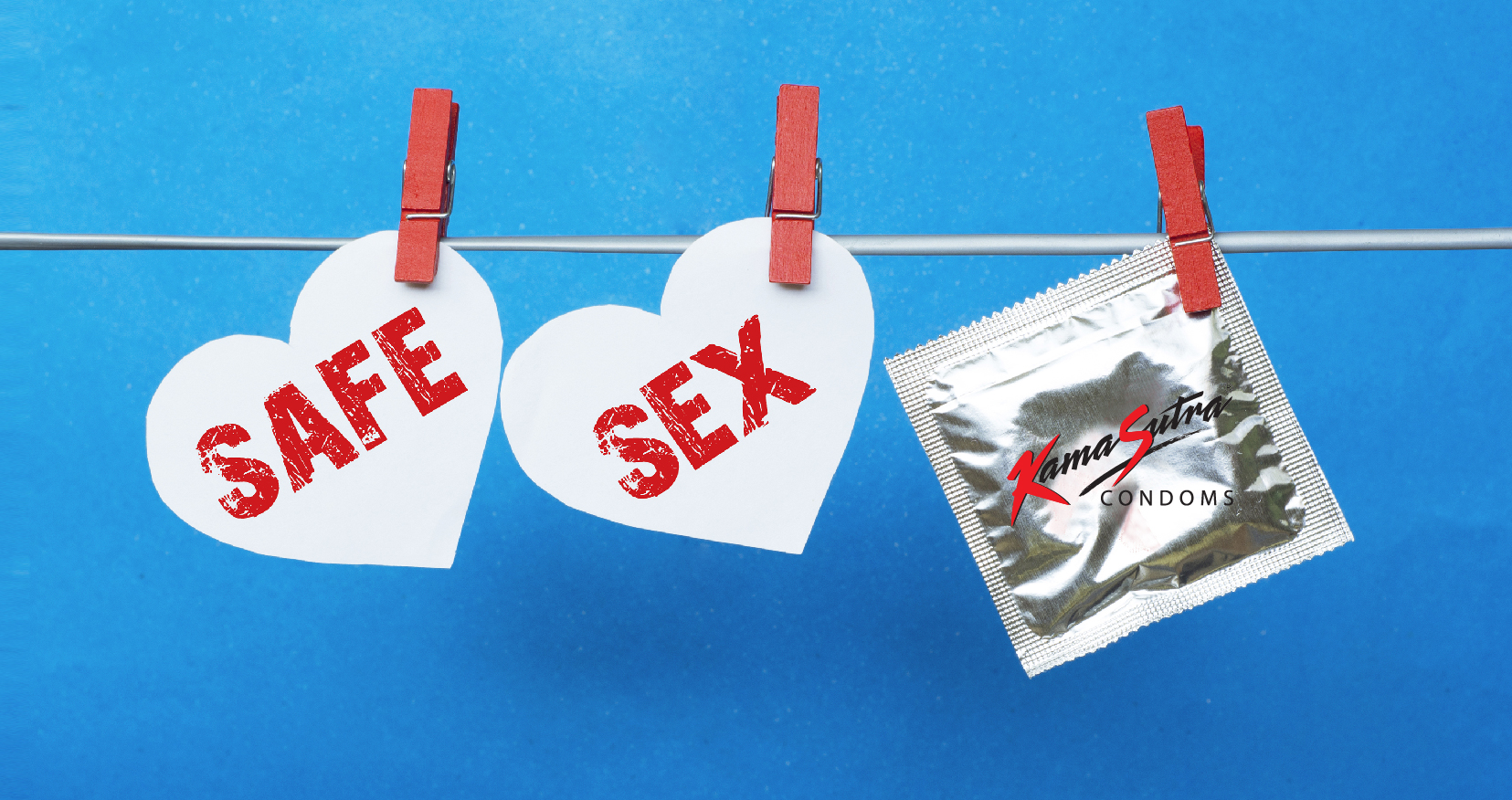7 Myths Around Safe Sex Debunked!
By Dr. Nikita Toshi +2 more

Get,

to manage your symptom
Get your,


4 Cr+ families
benefitted

OTP sent to 9988776655



You’ve successfully subscribed to receive
doctor-approved tips on
Whatsapp

Get ready to feel your best.

Hi There,
Download the PharmEasy App now!!


Register to Avail the Offer
Send OTPBy continuing, you agree with our Privacy Policy and Terms and Conditions

Hi There,
Sign up on PharmEasy now!!
Trusted by 4 crore+ families

OTP sent to 9988776655



You have unlocked 25% off on medicines




Code: NU25
By Dr. Nikita Toshi +2 more
When someone gets physically intimate with the other person, there is a good chance of spreading sexually transmitted diseases or STDs. To avoid this, practicing safe sex must be encouraged. This is done using barriers like condoms (they are available for both males and females) or dental dams. However, there are many myths associated with safe sex. Most of them are untrue and they need to be evaluated for one’s better sexual health.
Table of Contents
This is not true as in most cases, planning ahead builds up anticipation and, in some cases, sex becomes even more pleasurable.

In many STDs and STIs, there are no visible symptoms. Many people are adept at hiding the fact that they are suffering from some STD. To keep oneself safe, it is best to wear condoms and practice safe sex.
This is another myth that needs to be looked at. Partners should practice safe sex for each other’s better sexual health. In most cases, it removes the element of uncertainty and makes sex better.
Not everyone who practices safe sex is an addict. By wearing a barrier and protecting oneself from contact with body fluids, one ensures that one stays healthy and away from harm’s way.
Lesbians and gay men are as vulnerable to STDs as others. One’s choice of gender in choosing a sexual partner has no bearing on protection from sexually transmitted diseases.
The pill stops a woman from conceiving. It offers no protection in any way against STDs.
There are many ways in which someone can procure condoms if one feels embarrassed by buying them from a chemist. They can be ordered online, bought from vending machines which abound near public toilets, or they can even be grabbed from the community health center.
STDs are diseases that get passed between sexual partners. Anyone who practices oral, vaginal or anal sex is vulnerable to STDs. These infections pass from one person to another when the genital areas meet body fluids like semen, vaginal fluids, and blood. There are many types of STDs like:
Amongst these, HIV and herpes do not have any cure. Diseases like syphilis, gonorrhea, or herpes affect the lips, mouth, and throat. The genitals get severely affected with Chlamydia, HIV, genital warts, etc. Herpes, pubic lice, HPV, and scabies don’t even need contact with genital fluids.
Many people who are already suffering from STDs are not even aware of their problem. The surest way to protect yourself is to get yourself and your partner tested for STDs. the only way to not ever be susceptible to STDs is by not indulging in any kind of intimate sexual activity but that is not a possibility in many cases. So, wearing condoms and using barriers are the only ways to stay sexually safe.
In case you have had an unsafe sex encounter, there are certain things you need to do to ensure your health is not affected.
Disclaimer: The information provided here is for educational/awareness purposes only and is not intended to be a substitute for medical treatment by a healthcare professional and should not be relied upon to diagnose or treat any medical condition. The reader should consult a registered medical practitioner to determine the appropriateness of the information and before consuming any medication. PharmEasy does not provide any guarantee or warranty (express or implied) regarding the accuracy, adequacy, completeness, legality, reliability or usefulness of the information; and disclaims any liability arising thereof.
Links and product recommendations in the information provided here are advertisements of third-party products available on the website. PharmEasy does not make any representation on the accuracy or suitability of such products/services. Advertisements do not influence the editorial decisions or content. The information in this blog is subject to change without notice. The authors and administrators reserve the right to modify, add, or remove content without notification. It is your responsibility to review this disclaimer regularly for any changes.

Leave your comment...
Comments